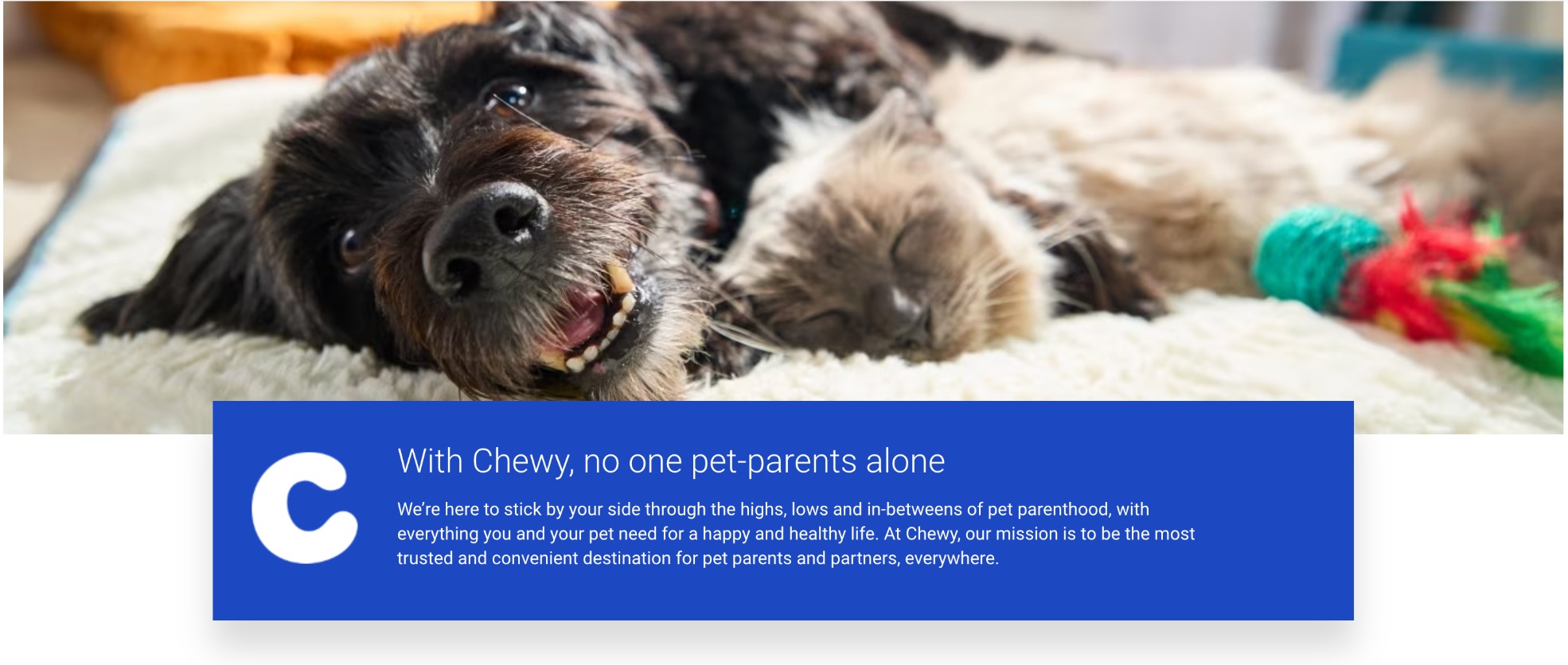Why You Should Get Your Pets Spayed or Neutered: A Comprehensive Guide to Responsible Pet Ownership
Guide or Summary:Introduction to Pet Spaying and NeuteringThe Benefits of Spaying and NeuteringAddressing OverpopulationCommon Myths About Spaying and Neute……
Guide or Summary:
- Introduction to Pet Spaying and Neutering
- The Benefits of Spaying and Neutering
- Addressing Overpopulation
- Common Myths About Spaying and Neutering
- Choosing the Right Time for Spaying and Neutering
- Conclusion: A Responsible Choice for Pet Owners
---
Introduction to Pet Spaying and Neutering
When it comes to responsible pet ownership, one of the most critical decisions you'll face is whether to get your pets spayed or neutered. Spaying and neutering are surgical procedures that prevent pets from reproducing, and they come with numerous benefits for both pets and their owners. This guide will explore the importance of these procedures, dispel common myths, and provide insights into the overall impact on pet health and community welfare.
The Benefits of Spaying and Neutering
There are many compelling reasons to get your pets spayed or neutered. Firstly, these procedures significantly reduce the risk of certain health issues. For female pets, spaying eliminates the risk of uterine infections and drastically reduces the chances of breast tumors, which can be malignant in about 50% of dogs and 90% of cats. For male pets, neutering helps prevent testicular cancer and reduces the risk of prostate problems.

Additionally, spaying and neutering can lead to better behavior in pets. Unaltered males are often more aggressive and more likely to roam in search of a mate, which can lead to dangerous situations, including traffic accidents or fights with other animals. Female pets in heat can also exhibit behaviors that are challenging for owners to manage. By choosing to get your pets spayed or neutered, you can promote a calmer, more stable home environment.
Addressing Overpopulation
One of the most significant reasons to get your pets spayed or neutered is to combat pet overpopulation. Millions of animals enter shelters each year, but not all find loving homes. By preventing unwanted litters, you are contributing to the solution of this pressing issue. Spaying and neutering help reduce the number of homeless pets and the strain on animal shelters, allowing them to focus resources on caring for the animals in their care and finding them forever homes.
Common Myths About Spaying and Neutering
Despite the overwhelming benefits, many myths surround spaying and neutering that can deter pet owners. One common misconception is that these procedures will change a pet's personality or make them lazy. In reality, pets that are spayed or neutered can be just as active and playful as their unaltered counterparts. Another myth is that spaying and neutering are too expensive. Many veterinary clinics and animal welfare organizations offer low-cost options to make these essential services accessible to all pet owners.

Choosing the Right Time for Spaying and Neutering
Timing is crucial when it comes to getting your pets spayed or neutered. Generally, veterinarians recommend spaying or neutering pets before they reach sexual maturity, which is typically around six months of age for dogs and cats. However, it's essential to consult with your veterinarian to determine the best timing based on your pet's specific breed, size, and health status.
Conclusion: A Responsible Choice for Pet Owners
In conclusion, getting your pets spayed or neutered is a responsible choice that benefits not only your pet's health but also the welfare of the community. By understanding the importance of these procedures, addressing common myths, and making informed decisions, you can ensure a brighter future for your furry companions and contribute to the fight against pet overpopulation. Make the responsible choice today and help create a better world for pets everywhere.
---

This comprehensive guide serves to educate pet owners about the importance of spaying and neutering, emphasizing the health benefits, behavioral improvements, and the positive impact on community welfare. By making this responsible choice, you can ensure a healthier, happier life for your pets and contribute to the greater good.